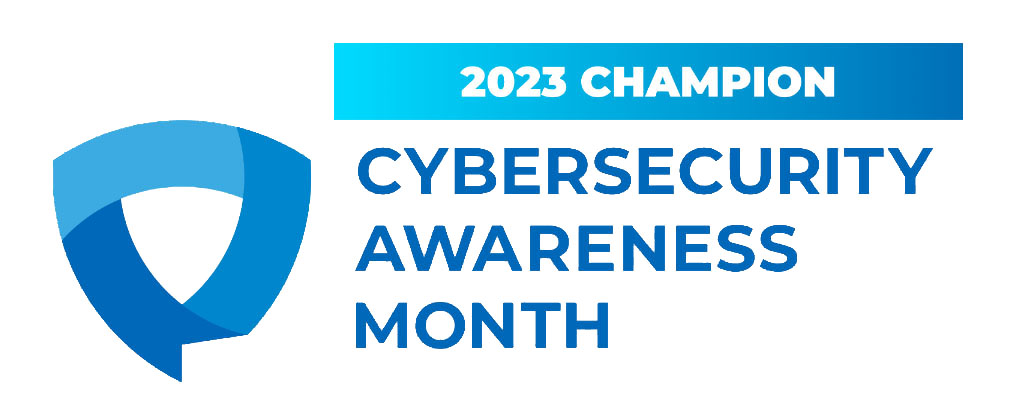Mon – Fri: 8:30 – 4:00
Closed from 12–1pm
Ewing, NJ 08628
As with most things in our real and online lives, preventing hacking is easier than dealing with the fallout after it has happened in the majority of cases.
By practicing some good cyber hygiene behaviors, you can stay on the trail headed to amazing internet experiences!
 There are four key behaviors that are simple and actionable for both individuals and businesses. If you can master these four, they will go a long way towards increasing your security online.
There are four key behaviors that are simple and actionable for both individuals and businesses. If you can master these four, they will go a long way towards increasing your security online.
Passwords
Protect each account with a unique, complex password that is at least 12 characters long – and use a password manager! Remember, longer is stronger. Password behaviors /secure habits make a huge difference. As our online lives expand, we’ve gone from having just a few passwords to today, where we might manage upwards of 100. That’s 100 unique passwords to remember, if you’re using strong password habits. Password managers can save users a lot of headaches and make accounts safer by recommending strong passwords. This month, we’re dispelling the misconceptions about password managers and showing others how these tools will keep them safe online. Check out this link to Password Managers for additional information.
Multifactor Authentication
Use multifactor authentication (MFA) for any account that allows it. Many people don’t realize that multi-factor authentication is an incredibly important tool that goes a long way in keeping accounts secure. In fact, of those who knew about it, most had applied MFA to their online accounts (79%) and were still using it (94%), showing that once MFA is enabled, users will keep using it. It’s easy to enable MFA wherever possible. See MFA Guidelines for more information.
Update Your Software Automatically
Turn on automatic software updates, or install updates as soon as they are available. Almost 40% of users say they either “sometimes,” “rarely,” or “never” install software updates (NCA). One of the easiest ways to keep information secure is to keep software and apps updated. Updates fix general software problems and provide new security patches where criminals might get in. This Cybersecurity Awareness Month, we’re telling others to step away from the “remind me later” button to stay one step ahead of cybercriminals. See Software Updates for more information.
Recognize and Report Phishing
Know how to identify phishing attempts, and report phishing messages to your email program, work, or other authorities. Phishing attacks increased by 61% in 2022, according to SlashNext. Phishing attacks have become an increasingly common problem for organizations of all sizes and can be very difficult to spot. 30% of small businesses consider phishing attacks to be their top cybersecurity concern. It’s important for every individual to stop and think before clicking on a link or attachment in a message and know how to spot the red flags. Cybersecurity Awareness Month 2023 concentrates on giving you the tools you need to recognize a phish and report it to your organization or email provider. Learn more about Phishing.
